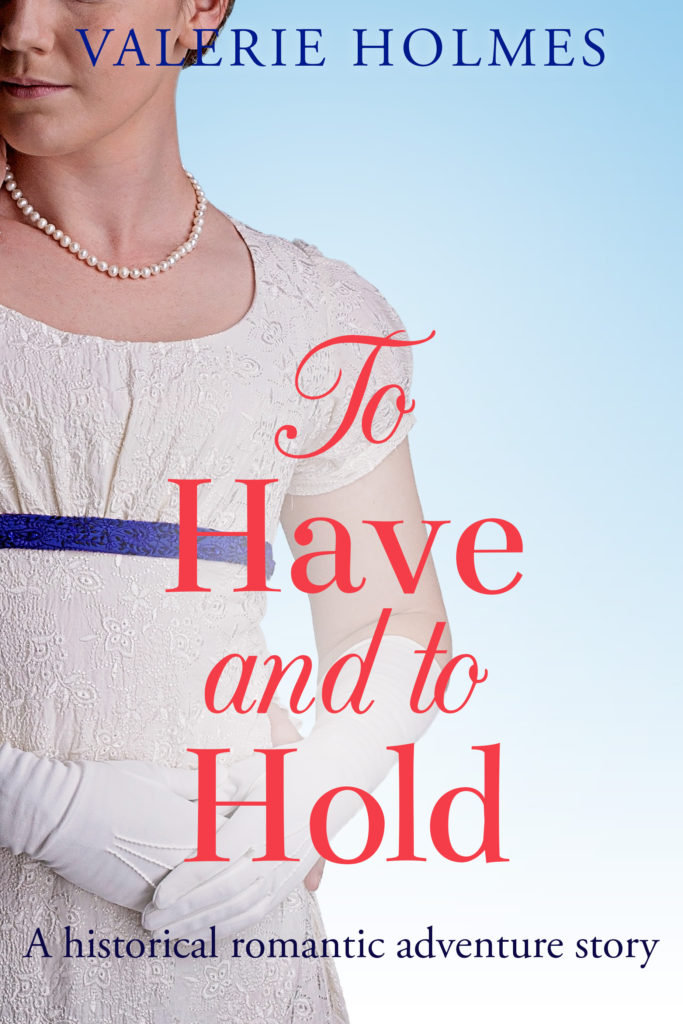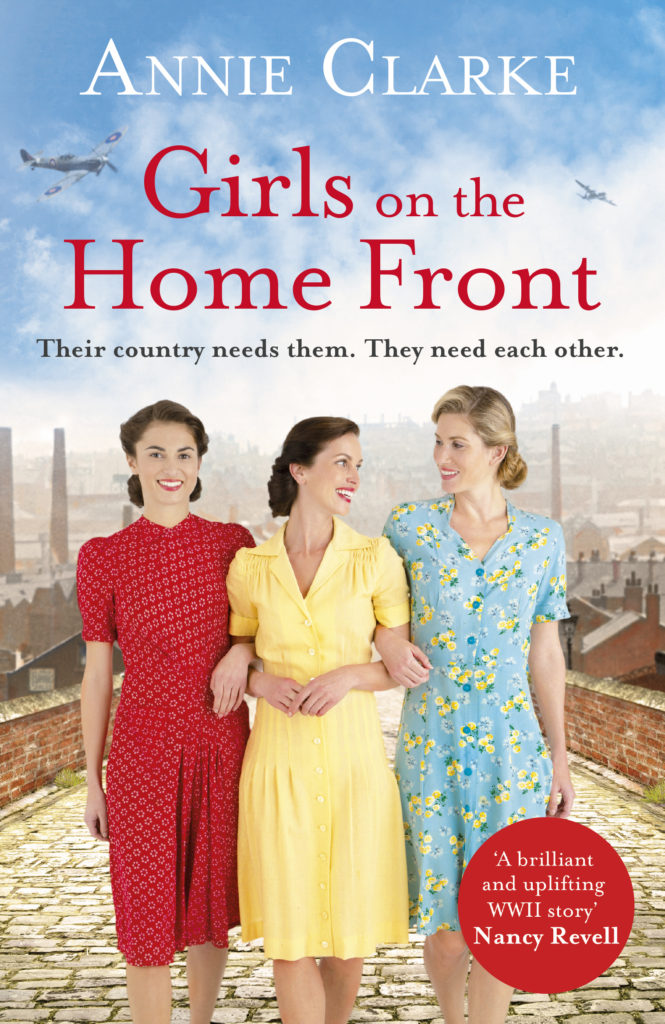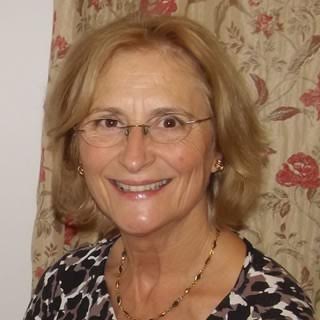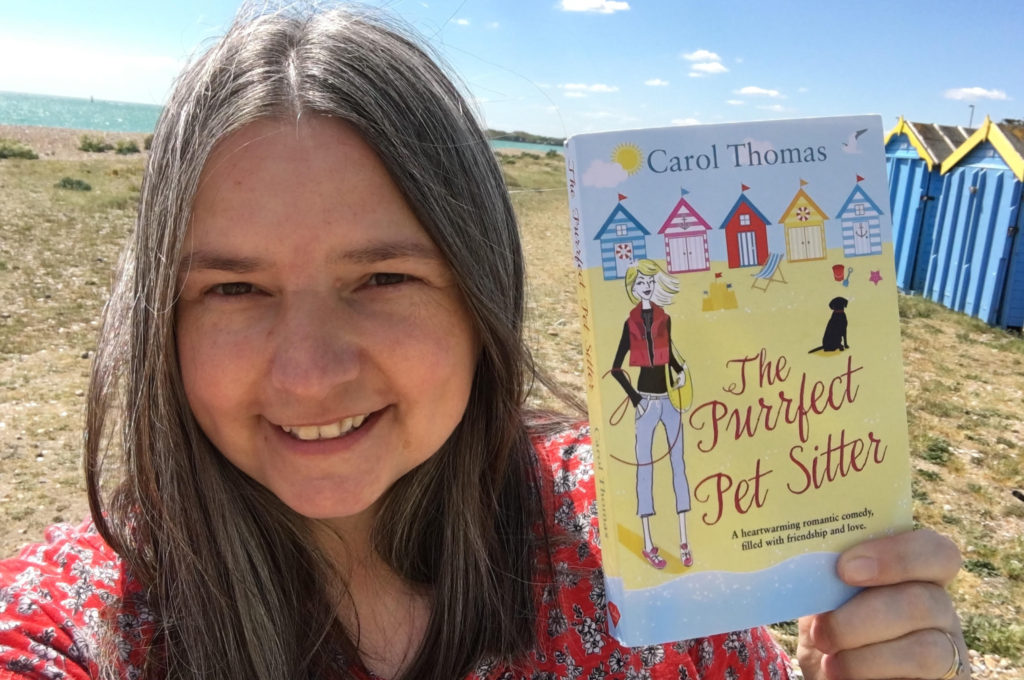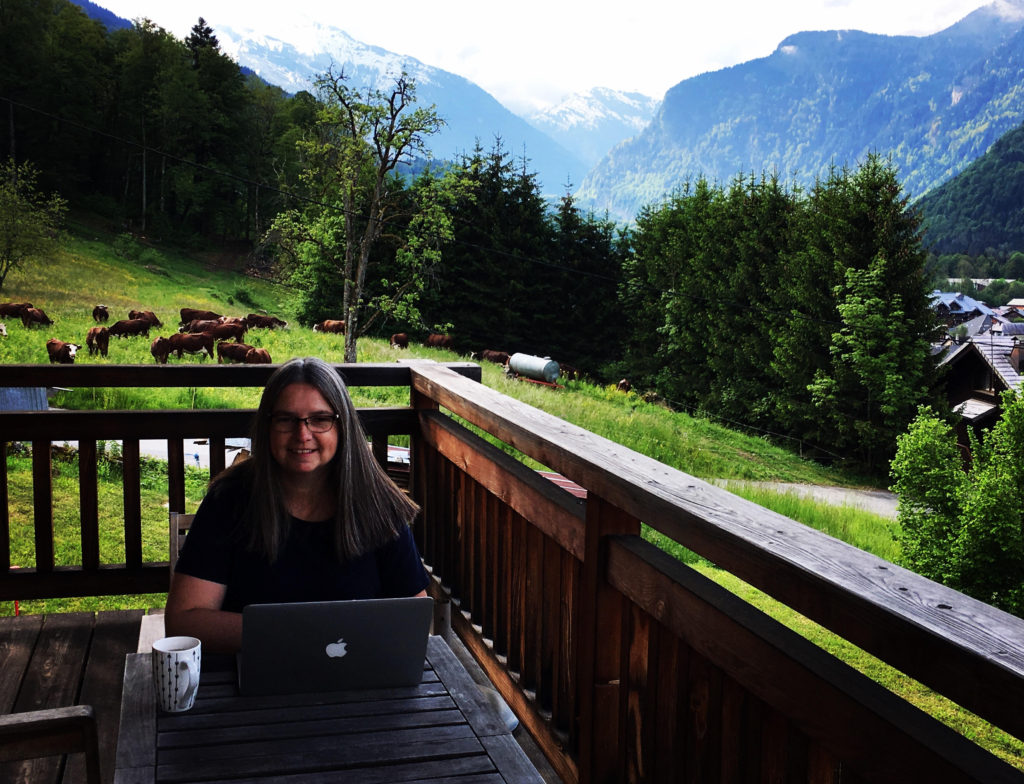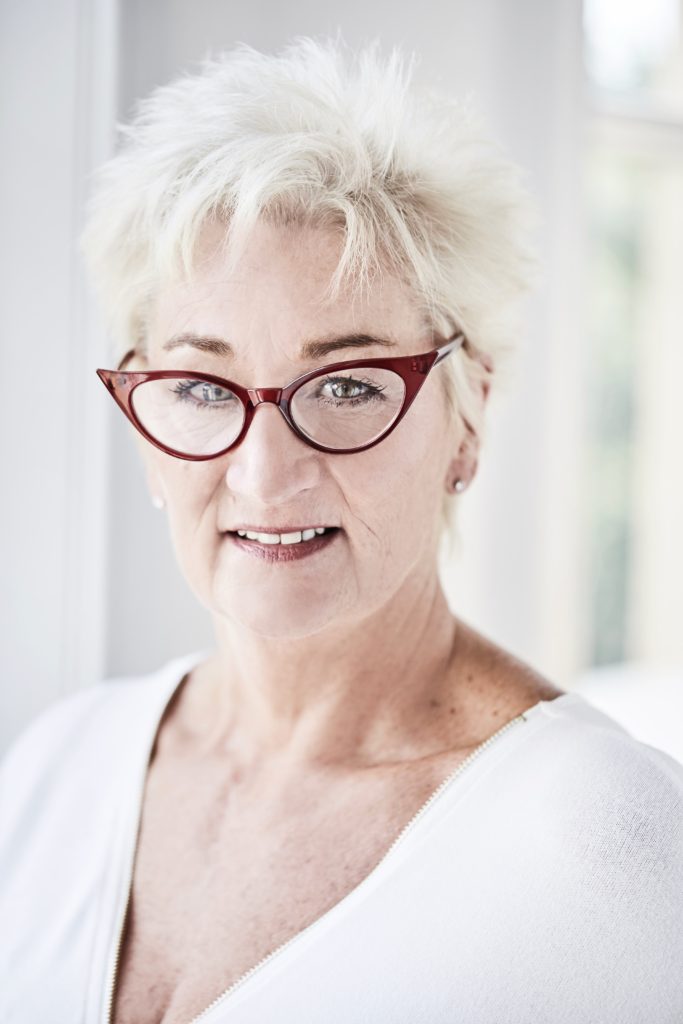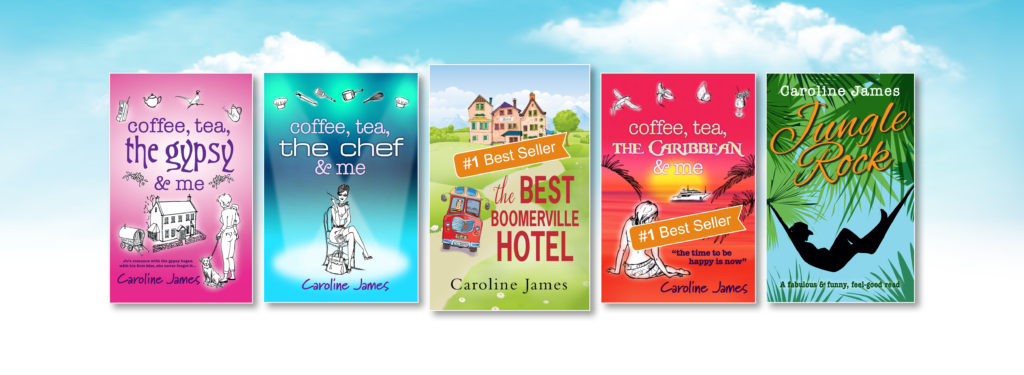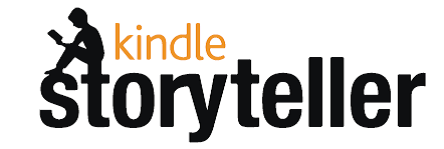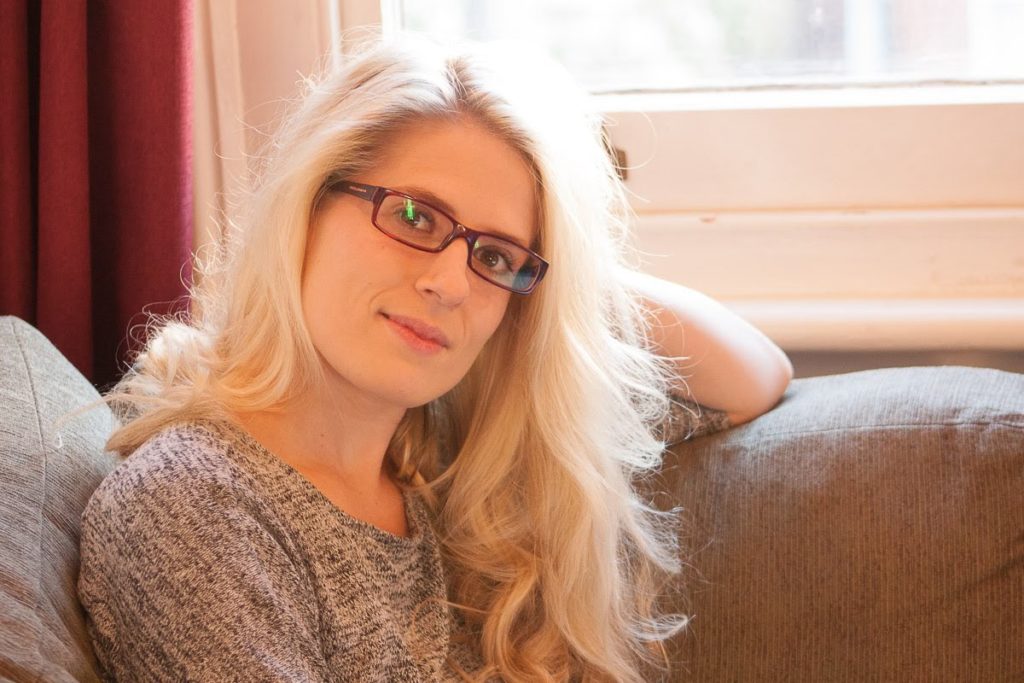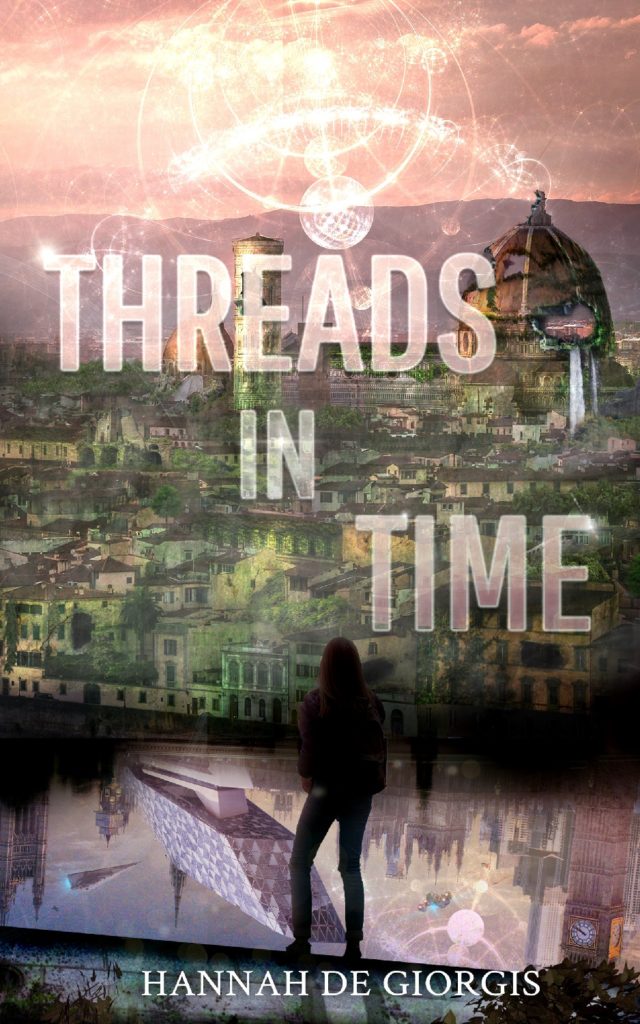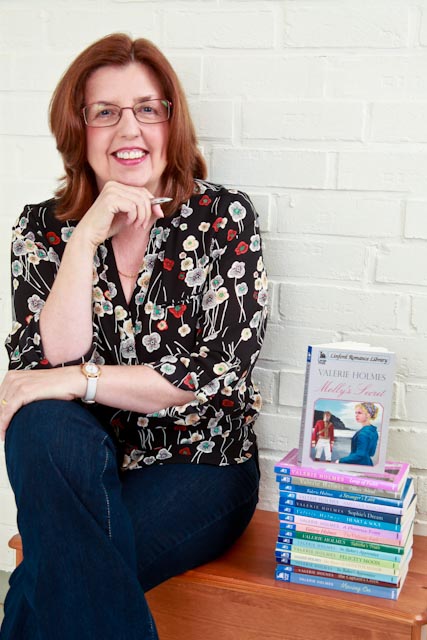 My childhood memories of growing up in a North Yorkshire coastal town are vivid. The flat sandy bays, marram grass covered dunes, salt marshes, woodland and moors provided a natural playground. The Tees estuary to the north was industrialised, but the natural beauty of the sweeping bays and rugged headlands down to the ancient port of Whitby has a fascinating history. My mother had Multiple Sclerosis and died too young, so walking my dog and exploring the outdoors was important to me.
My childhood memories of growing up in a North Yorkshire coastal town are vivid. The flat sandy bays, marram grass covered dunes, salt marshes, woodland and moors provided a natural playground. The Tees estuary to the north was industrialised, but the natural beauty of the sweeping bays and rugged headlands down to the ancient port of Whitby has a fascinating history. My mother had Multiple Sclerosis and died too young, so walking my dog and exploring the outdoors was important to me.
I love writing and am an experienced creative writing tutor independently and for The London School of Journalism and Writing Magazine.
The Yorkshire Saga series, published by Sapere Books, is set in the region in early nineteenth century. I have had over 40 novellas published by F A Thorpe, both romance and mystery – historical and contemporary.
The third book in The Yorkshire Saga series ‘To Have and To Hold’ is published on 17th June, and the fourth ‘In Sickness and In Health’ has just been delivered to Sapere.
They are all set in or around the same fictitious villages of Gorebeck and Ebton nestled in the shadow of the headland of Stangcliffe (based on Saltburn and Huntcliffe).
Set against social changes as a result of the wars with France: smuggling, espionage, press-gangs etc. I have been researching the era and the region for years.
A bit about your process of writing. & What about word count?
I write 1000-1500 words a day. The next day I will return to the work of the previous one and overwrite it, then add on the new words for that day, repeating the process until I have reached a satisfying ending and an acceptable total wordage.
Do you plan or just write?
Normally, I begin with a character, place and situation and then run with it. Once I have a few chapters drafted and the secondary characters have appeared on the page I plan what will happen: conflicts, subplots, character changes and the satisfying ultimate resolution of the core plot.
I like to explore the many facets of love from friendship, maternal/paternal to obsessive and manipulative, keeping the central theme as the spark that links two people together, drawing them into a relationship kindled by true love, regardless of social class.
Love bonds people together. Laws can dictate the controls within a culture which restricts or allows certain behaviour, but, I believe, most people want to have that special person in their life to love and be loved. I want the reader to be left feeling satisfied and positive about the future.
How do you do your structure?
I like to build up to a mid section that has a lot of things going on and kicks off new problems to drive the plot through to the end.
What do you find hard about writing?
After I have edited two drafts and left the project alone for a couple of weeks, even returning afresh to it, I am so close to the story that it is difficult to see what should be cut out or left in – that is why a good editor is so important to the finished book.
What do you love about writing?
I love the adventure – I love creating the characters and setting them off to face a series of challenges and then figuring out what will stand in their way and how they will ultimately achieve their goal.
Advice for other writers
The publishing business is tough. It is a business and although we are creative we have to look at it like that. There are hours spent alone just writing. Love it. Love the whole process, embracing the challenge. The more you write, the better you become. Once published the challenges change. Be dedicated and determined and take on board constructive advice.
Most importantly enjoy every minute.

